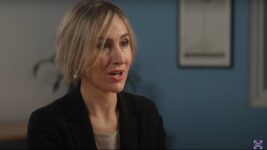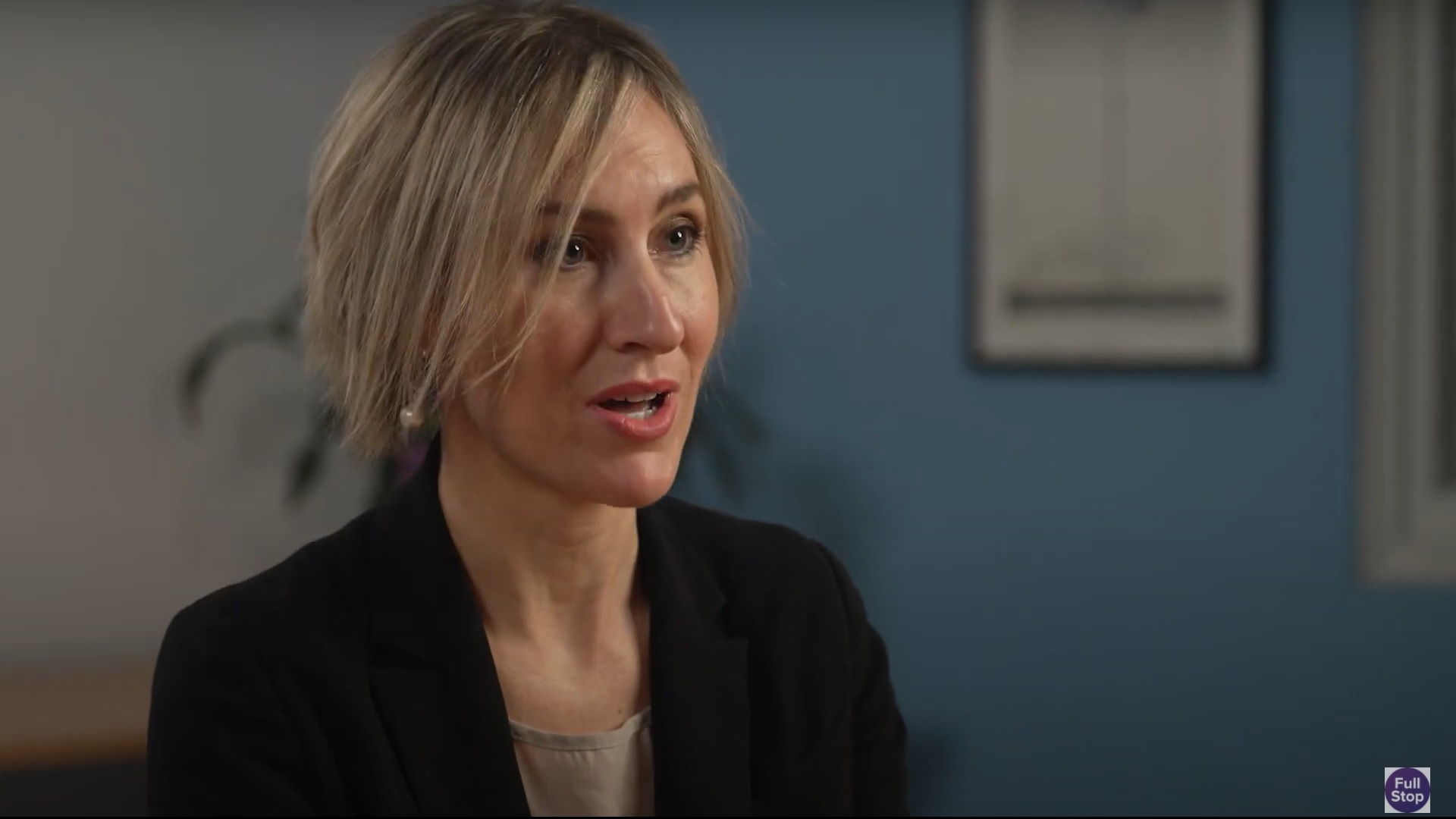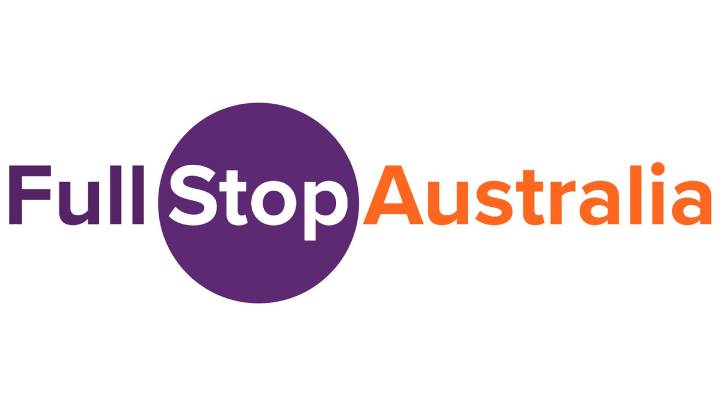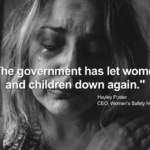Sexual Violence Supports Need Strengthening, Say’s Full Stop Australia’s Hayley Foster

The Australian Bureau of Statistics released data last week outlining that police agencies had recorded 53,570 sexual assault offenders over the ten years ending in June 2020, which included a 13 percent increase in the number of male offenders.
This was the third in a series of ABS studies on sexual violence in this country. An inquiry into sexual harassment released in December found that people who have experienced sexual harassment in their lifetime are more likely to also have been subjected to sexual assault.
While the first study released last August, outlined that 2.2 million women over the age of 18 have experience sexual violence in their lifetime, and these assaults are more likely to be experienced by younger women, those in financial hardship and women living with disability.
And frontline sexual assault support service Full Stop Australia has stepped up to say that the ABS data highlights the necessity for greater and more consistent funding for sexual violence services in this country.
Frontline support
For more than 35 years, Full Stop Australia has been coordinating the NSW Sexual Violence Helpline. However, given its current funding levels, last year saw one in every three calls left unanswered.
The hotline received more than 14,000 calls over 2021.
Formerly known as Rape and Domestic Violence Services, Full Stop had its inception in a meeting of 500 women at Redfern Town Hall in 1971. They went on to form a rape crisis collective, which subsequently received federal funding after then PM Gough Whitlam approached them.
The organisation has been a contributor to the federal government’s National Plan to Reduce Violence Against Women and their Children, and it also established Sexual Assault Counselling Australia, which provides face-to-face and telephone counselling services for survivors.
However, Full Stop Australia chief executive Hayley Foster points out that as the demand for sexual assault services has been growing, this has not been met with a corresponding increase in funding. And her organisation has not had a substantial rise in funding in over three decades.
“Alive to this issue”
The last year has seen the issue of sexual violence against women front and centre. Survivors Grace Tame and Brittany Higgins have been driving this discussion at the national level, and this was once again on display during their fierce appearance at the National Press Club on Wednesday.
According to Foster, while there is still “a long way to go” when it comes to community attitudes around the subject of gendered violence, the last ANROWS survey reveals that overall “the community’s understanding of violence against women has improved”.
Sydney Criminal Lawyers spoke to Full Stop Australia CEO Hayley Foster about the need for greater funding in terms of speciality services for sexual assault survivors, the rate of sex crimes, and how her organisation has established a program for those with lived experience to help drive reform.

The ABS released a new set of statistics regarding sexual assault perpetrators last Wednesday. The data relates to the third in a series of recently released ABS articles on sexual violence in Australia.
Hayley, what would you say these statistics are telling us?
The statistics are telling us that there are more and more people coming forward to report sexual assault in Australia, and that can be for a number of reasons.
Certainly, there is more awareness, and there is less blame and shame going around.
But we are also not seeing any signs of abatement when it actually comes to sexual assault offending.
Looking beyond the decade covered in the ABS study, it’s known that since the turn of the century, all major crime categories have been tracking downwards. But the key exception to this trend is sex crimes, as these offences have increased.
In your opinion, what does this tell us about Australian society at present?
Australia has one of the highest rates of reported sexual assault around the world, which may surprise some people.
But we know on the frontline, when we are speaking to thousands of people every month about their experience of sexual violence, that there is a cultural problem in Australia when it comes to gender-based violence, particularly sexual violence.
There is a long way to go. I know that with the National Community Attitudes survey that Australia’s National Research Organisation for Women’s Safety (ANROWS) produces that we are seeing some positive signs. But there is still a very long way to go.
Rape myths still exist prevalently within our community. But there are also signs of that changing.
What needs to happen is that the government has to start investing in implementing the Our Watch Change the Story framework to change those problematic violence supportive attitudes in the community.
We also need an effective bottom line. When we only have 1.5 percent of sexual assaults resulting in a conviction in this country, and we only have less than one in five people wanting to report what’s happening to police.
We really have to look at those systems: how we are actually holding people to account and making sure the community is safe.
Last week’s ABS release has prompted your organisation, Full Stop Australia, to call for increased funding for services supporting sexual assault survivors. So, what is the state of the sector at present?
It is really underfunded. There has been a lot of advocacy around domestic violence for some time now.
That’s a good decade when it comes to strong advocacy for domestic violence, and we’re starting to see a shift and governments are recognising that they do need to do significantly more investment.
But we haven’t necessarily seen that investment in sexual violence support.
An organisation like ours, which is the statewide sexual support service in NSW, hasn’t received a substantial increase in funding for 35 years, and that means that we can’t answer every call that comes through to us.
Sexual violence has been in the media a lot. The community is alive to this issue, and they want action taken.
And it’s really important that the community – and also the government – understand that the most important thing we can do for somebody who has been impacted by sexual violence is to make sure that the speciality support services are there for them.
That’s what people who’ve experienced sexual violence tell us.
So, yes, we want law reform. Yes, we want to change the frontline service system. But, at the end of the day, it’s those specialist services that walk through that journey with somebody.
Those services actually help them, not only in the crisis, but also to recover from the impact of that trauma.

The last 12 months have seen a significant rise in awareness around sexual assault, harassment and discrimination against women. The Higgins and Porter cases, as well as others, have led to most of this focus being directed towards the federal government.
How would you describe the way the Morrison government has handled all this?
It’s fair to say that the Morrison government has really woken up. They are much more alive to this issue.
To a large extent, that can be attributed to the women’s marches, and certainly, Brittany Higgins and other cases that have really caught the attention of the general public and captured the hearts and minds of the community.
The Morrison government has heard that loud and clear. Certainly, the ministers in this space are paying a lot more attention and putting more energy into it.
At the end of the day, though, the current draft of the National Plan to End Violence Against Women and Children doesn’t yet have strong targets.
Strong sentiment is not going to be enough in this space. We really do need to see the investment flow, and we need to see the government committing to strong targets.
And lastly, Hayley, Full Stop Australia launched the National Survivor Advocate Program last November, which involves advocates with lived experience of sexual, domestic and family violence coming together to drive change at the national level.
How is the program going so far? And what does it seek to achieve more specifically?
This is going to be a really important project for us.
Making sure that people with lived experience of sexual, domestic and family violence are at the decision-making table, and that they have a voice in the policies, programs and systems that impact upon their own safety and wellbeing has to be a priority.
We need to make sure that it’s a diverse representation, because there’s a whole range of experiences, when it comes to gender-based violence: whether it be in a domestic setting, in a workplace, in an educational setting or on a board.
We need to make sure that these people who have had these real-life experiences can have genuine input into policies and practices that will affect them.







